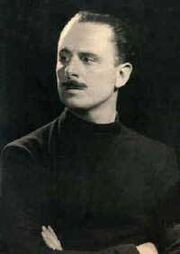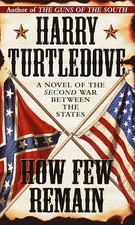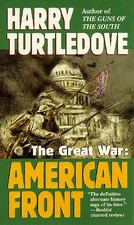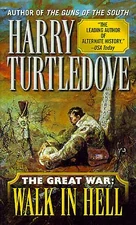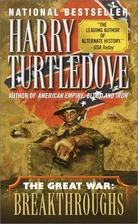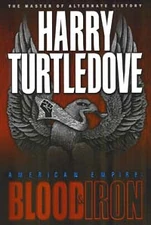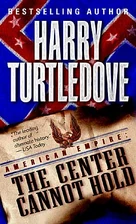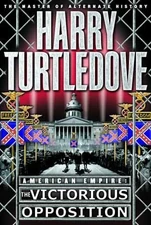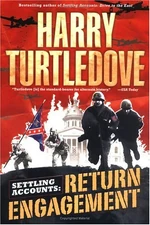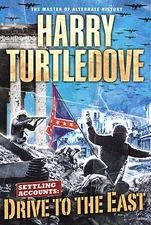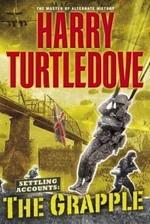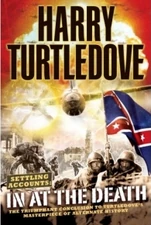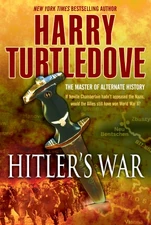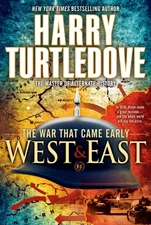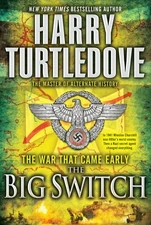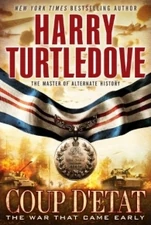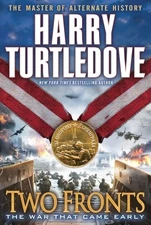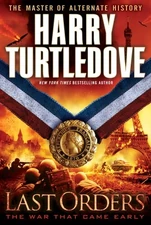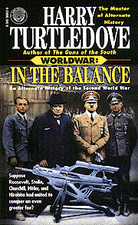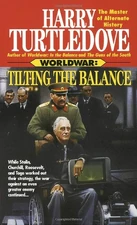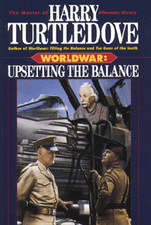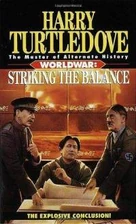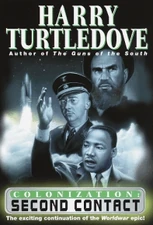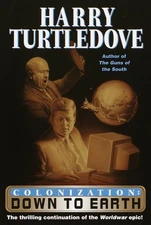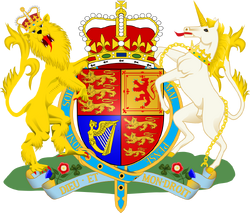| ||||||||||||||||||||||||||||||||||||||||||||
Sir Oswald Ernald Mosley, 6th Baronet (16 November 1896 – 3 December 1980) was a British politician, known principally as the founder of the British Union of Fascists.
Mosley was first elected an MP in 1918 at age 21, the youngest person to take his seat in the Commons (an abstentionist from Northern Ireland was younger). While initially elected as a Conservative, he crossed the floor to the opposition in 1922 after disagreeing with the Conservatives' Northern Ireland policies. He survived Conservative challenges in 1923 and 1924, and officially joined Labour in 1924. He eventually gained a position in the cabinet of Ramsey MacDonald, but as his solutions for employment problems were deemed too radical, he resigned, and formed the New Party in 1931. That party soon adopted fascistic tendencies. Mosley became fascism was Britain's future, and founded British Union of Fascists, which was designed to bring together all fascist parties in the UK.
Given his more pro-Nazi stance, Mosley was interred in 1940, not long after the outbreak of World War II. He was transferred to house-arrest in 1943. After the war, he flirted with British politics, and even became involved in movements to unify the entirety of Europe into a single state. He stood for election in 1966, but was handily defeated. He died in France in 1980 of Parkinson's disease.
Oswald Mosley in Worldwar
With Britain increasing its ties to Nazi Germany in the decades after the Race Invasion, Oswald Mosley's influence grew stronger. In 1963, Mosley, an MP, proposed legislation that would have effectively stripped British Jews of their citizenship.[1] The legislation failed, but Jews knew that it would only be a matter of time before public opinion turned Mosley's way.[2]
Oswald Mosley in In the Presence of Mine Enemies
After Germany defeated and occupied the United Kingdom during World War II, the Nazis appointed Oswald Mosley as the UK's nominal leader, and outlawed all political parties except the British Union of Fascists. By 2010, Mosley was long dead, but the BUF was still the only party in British politics.
The BUF was quite proud of the fact that Mosley was as prodigious a skull-cracker in his day as Adolf Hitler. This became very important in 2010 when the Party leadership sought to independently and democratically elect its leadership with minimal input from Germany. The BUF went on to elect Charlie Lynton as party leader, making him Prime Minister by default.[3]
Oswald Mosley in The War That Came Early
Oswald Mosley and the British Union of Fascists publicly favored the "big switch" of 1940.[4] When Britain went from being Germany's enemy to being its ally, Mosley himself briefly gained more traction in the country.[5]
Oswald Mosley in Southern Victory
Oswald Mosley was head of the Silver Shirts, a far-right political party in Britain that grew to prominence after the country's defeat during the Great War.[6] He entered into a Government with the Conservative Party as junior coalition partner and became Minister of War in Prime Minister Winston Churchill's cabinet. He exerted tremendous influence on the Government, making the Conservatives resemble the Silver Shirts much more than vice versa.[7]
By 1944, the Second Great War had completely turned against Britain. When Germany superbombed three British cities, London, Brighton and Norwich, Parliament issued a vote of non-confidence in Churchill, and Mosley fell with him.[8]
During the Second Great War, Britain initially christened the 93rd element on the Periodic Table as "mosleyium", though other countries opted for different names.
References
- ↑ Second Contact, pg. 328
- ↑ Ibid., pg. 415.
- ↑ In the Presence of Mine Enemies, pg. 67.
- ↑ The Big Switch, see, e.g., pg. 236-237.
- ↑ Ibid., see, e.g., pg. 310.
- ↑ The Center Cannot Hold, pg. 481.
- ↑ Return Engagement, pg. 580
- ↑ In at the Death, pg. 367.
| Titles and Succession | ||||||||||||||||||||||||
|---|---|---|---|---|---|---|---|---|---|---|---|---|---|---|---|---|---|---|---|---|---|---|---|---|
| ||||||||||||||||||||||||
| ||||||||||||||||||||||||||||||||||||||||||||||||||||||||||||||||||||||||||||||||||||||||||||||||||||
